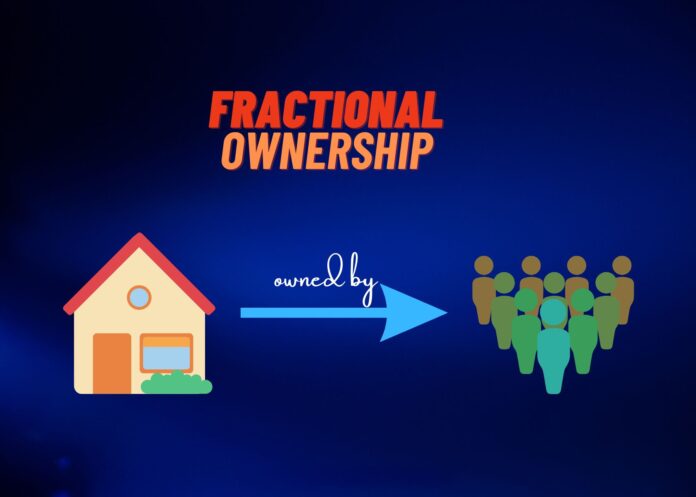In the decentralized finance (DeFi), a new paradigm is emerging that promises to reshape the way individuals and investors can access and own high-value assets. This paradigm is known as fractional ownership. It has the potential to democratize access to previously exclusive investment opportunities.
Traditionally, the acquisition of high-value assets, such as luxury real estate, fine art, or even shares in prestigious companies, has been the domain of the wealthy and well-connected.
These assets have often been out of reach for the average investor, creating a significant divide in the investment landscape. However, the rise of blockchain technology and the DeFi ecosystem has opened the door to a more inclusive and accessible approach to ownership.
Benefits of Fractional Ownership in DeFi
Fractional ownership refers to the division of ownership rights of a high-value asset into smaller, more affordable units. This allows multiple investors to collectively own a portion of the asset, rather than a single individual or entity holding the entire ownership rights.
One of the key advantages of fractional ownership in DeFi is the increased accessibility it provides to investors.
By breaking down the barriers to entry, fractional ownership democratizes access to investment opportunities that were previously out of reach for many.
This democratization of access can lead to a more diverse and inclusive investment landscape, where a wider range of individuals can participate in the ownership and appreciation of valuable assets.
Furthermore, fractional ownership in DeFi offers several compelling benefits to investors. Firstly, it enables investors to diversify their portfolios by providing exposure to high-value assets that they may not have been able to afford otherwise. This diversification can help mitigate risk and potentially enhance overall portfolio performance.
Secondly, fractional ownership models in DeFi often leverage smart contracts and blockchain technology to create transparent and tamper-resistant ownership records. This level of transparency and immutability can instill greater confidence in investors, as they can verify the authenticity and provenance of the assets they own.
Moreover, fractional ownership in DeFi can lead to increased liquidity and trading opportunities. By dividing ownership into smaller, more tradable units, investors can more easily buy, sell, or exchange their fractional holdings, creating a more active and liquid market for these high-value assets.
Applications of Fractional Ownership in DeFi
One of the most prominent examples of fractional ownership in DeFi is the emergence of non-fungible token (NFT) marketplaces. These platforms allow users to purchase fractional ownership of unique digital assets, such as digital art, collectibles, or virtual real estate.
By breaking down the ownership of these assets into smaller, more accessible pieces, NFT marketplaces have democratized access to a previously exclusive realm of investment.
Another area where fractional ownership in DeFi is gaining traction is in the realm of real estate investment.
Traditionally, investing in high-end real estate has been the domain of wealthy individuals and institutional investors. However, DeFi platforms are now enabling the fractionalization of real estate assets, allowing smaller investors to participate in the ownership and appreciation of these valuable properties.
In addition to real estate and digital assets, fractional ownership in DeFi is also being applied to other high-value asset classes, such as fine art, luxury goods, and even shares in private companies. This diversification of asset classes further expands the investment opportunities available to a broader range of investors.
Challenges and the Future of Fractional Ownership in DeFi
As the DeFi ecosystem continues to evolve, the potential for fractional ownership to transform the investment landscape is becoming increasingly evident.
This innovative approach to asset ownership has the power to create a more inclusive and democratized financial system. The barriers to entry are lower, and a wider range of individuals can participate in the growth and appreciation of high-value assets.
However, it’s important to note that the adoption and success of fractional ownership in DeFi are not without their challenges. Regulatory frameworks, technical complexities, and the need for robust governance and security mechanisms must be addressed to ensure the long-term viability and reliability of these innovative investment models.
Conclusion
Despite these challenges, the potential of fractional ownership in DeFi to democratize access to high-value assets is undeniable.
As the technology continues to evolve and the regulatory landscape adapts, the promise of a more inclusive and accessible investment landscape may be within reach, truly transforming the way we think about asset ownership and investment opportunities in the digital age.



